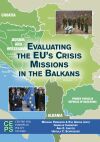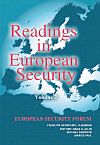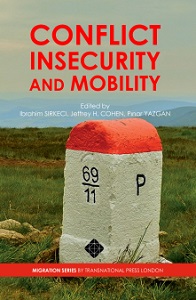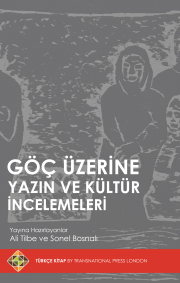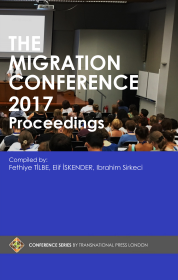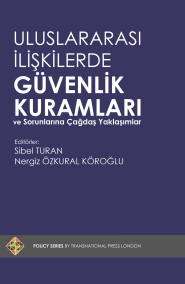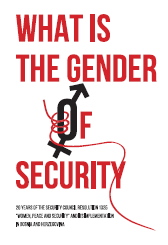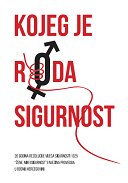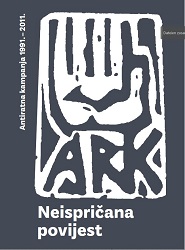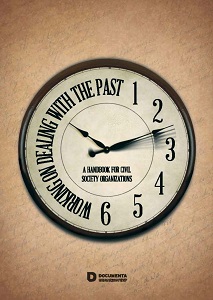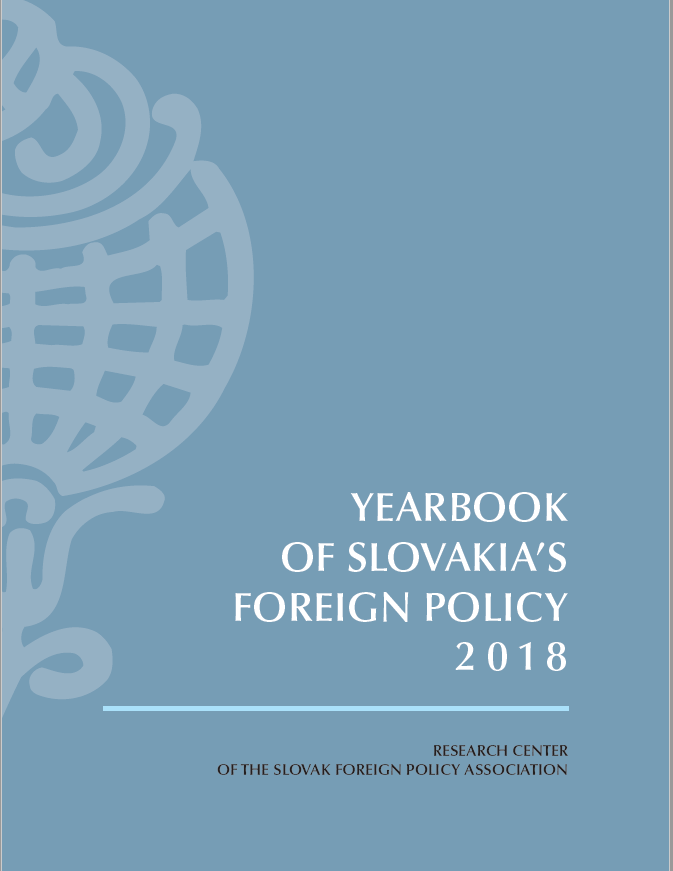
Contradictory messages of Slovakia’s eastern policy in 2018
The trends that emerged after Ukraine’s “Revolution of Dignity” and the annexation of Crimea in 2014 which led to the deep crisis in relations between the West and Russia were again a key factor in Slovakia’s Eastern Policy in 2018. Relations with Russia, and subsequently Ukraine, remain a strong dividing line within Slovak society. As proposed by President Andrej Kiska, in October 2017, Slovakia’s three highest officials – President A. Kiska, Prime Minister Robert Fico and Speaker of the National Council Andrej Danko adopted a common declaration on the country’s common priorities in the EUand NATO. It stated “unequivocally continuing in a pro-European and pro-Atlantic direction is in the strategic interest of the Slovak Republic.” They stressed their desire to improve the security of citizens “by implementing the updated Security Strategy, Defense Strategy, and Military Strategy of the Slovak Republic” and that this would “support Slovakia’s future inside the core of European integration.”
More...
